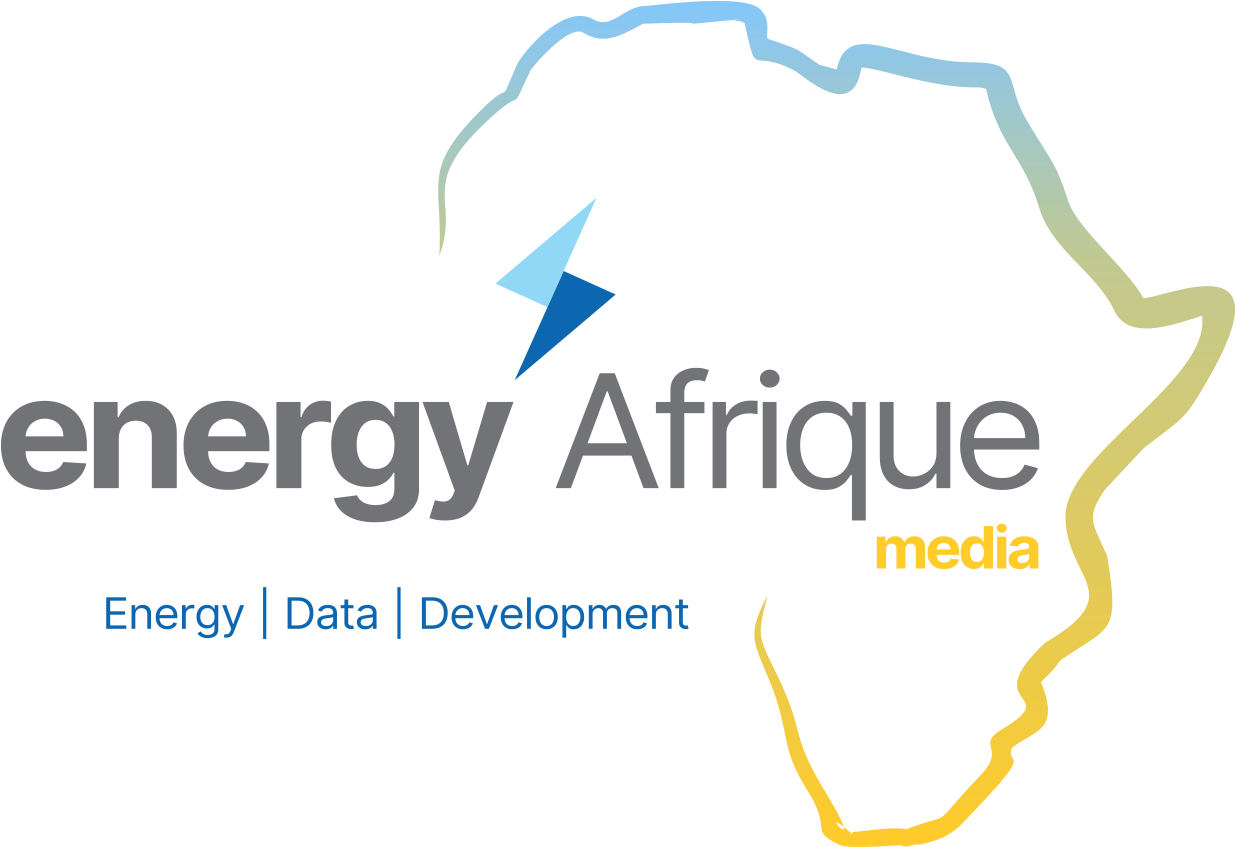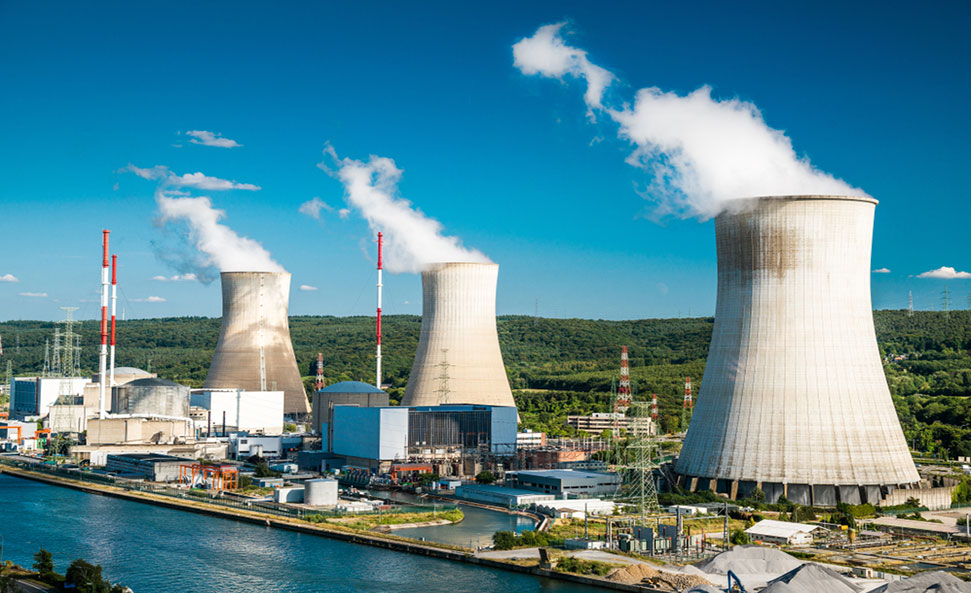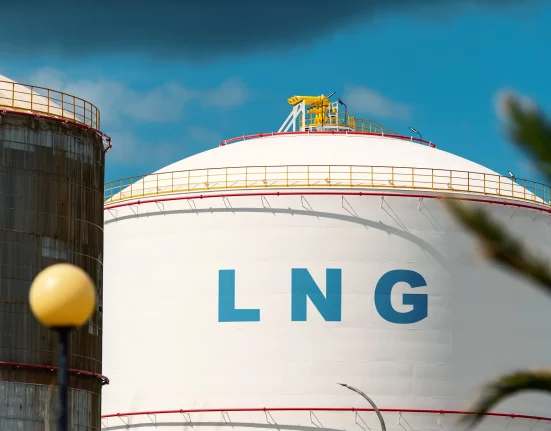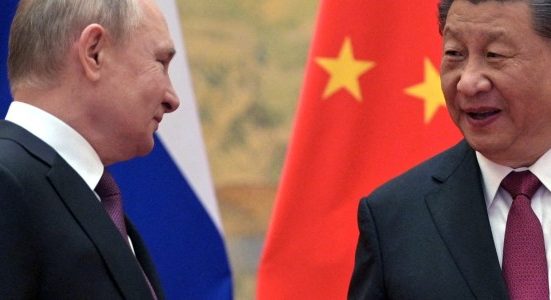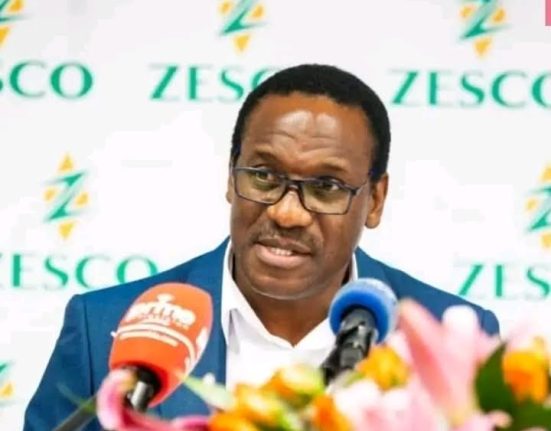Italy’s Energy Minister, Gilberto Pichetto Fratin, announced on Sunday that Italy is considering incorporating nuclear energy into its energy mix alongside renewable sources to achieve its goal of net zero emissions by 2050.
Nuclear energy has long been a controversial issue in Italy, stemming from a 2011 referendum that led to the banning of nuclear-fired power plants nationwide. Despite this, Pichetto sees nuclear energy as a potential solution to both environmental concerns and achieving energy independence.
During an event preceding the G7 energy meeting in Turin, Pichetto emphasized the importance of nuclear energy in Italy’s energy strategy, stating, “A contribution from nuclear energy in our energy mix would help Italy a lot in meeting the net zero target by 2050.”
However, discussions surrounding nuclear energy are expected to be divisive among G7 countries.
Italian diplomatic sources revealed that Germany is resistant to Italy’s push for broad support for nuclear energy as a transition from fossil fuels.
Pichetto also voiced support for the development of small nuclear reactors, which proponents argue could reduce costs and aid in decarbonizing sectors like steel production.
Italy has announced its participation in a European industrial alliance aimed at developing such reactors.
Addressing Italy’s efforts for decarbonization, Pichetto indicated a willingness to expedite the closure of coal-fired plants to encourage other G7 partners – including the United States, Britain, France, Germany, Canada, and Japan – to agree on a target date for phasing out the most polluting fossil fuel.
As the current head of the G7 rotating presidency, Italy aims to shut down its coal-powered plants by 2025, with the exception of those in Sardinia, which have a deadline of 2028.
